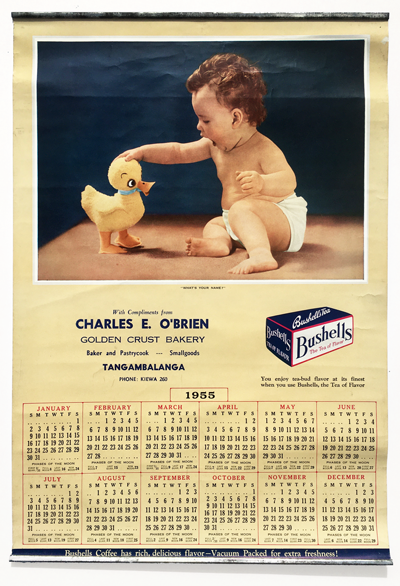The calendar hanging in our office is from 1955, from Charles E. O'Brien's Golden Crust Bakery at Tangambalanga via Berry's Antiques circa early 1980s.
Dates come and go but this foundational image of
regard-contact-enquiry ('WHAT'S YOUR NAME?') is always
of the moment.
In a new web series, professor Hortense Belhôte undresses ten classics from the history of painting: artworks rife with sexual innuendo and erotic tension
Theatre of the Actors of Regard
detail
A Person Looks At A Work Of Art/
someone looks at something...
LOGOS/HA HA
And so to Art Review, 12 May 2021 : Plus ca change...
Look but Don’t Touch: A Guide to Naked Art History
Louise DarblayOpinion12 May 2021ArtReview
© Kazak Productions
Theatre of the Actors of Regard
detail
A Person Looks At A Work Of Art/
someone looks at something...
LOGOS/HA HA







